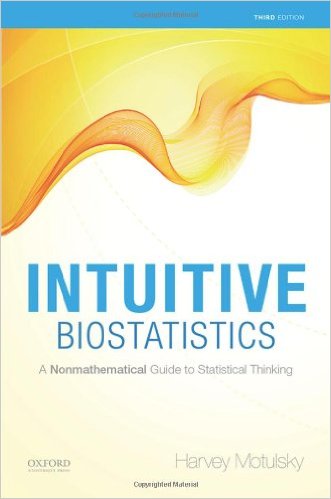For many decades, research assessment has been predominantly determined based on the Journal Impact Factor and article citation count.
In May 2013, a group of journal publishers and editors released the San Francisco Declaration on Research Assessment (DORA) to express their concerns over journal-based metrics. In DORA, they put forth recommendations that would change the traditional way of evaluating research and explore new indicators of significance and impact.
Nowadays, researchers and scholars have found other ways to communicate, share, and comment on research, as they leverage online channels such as Twitter, blogs, social networks, open data portals and apps, and digital repositories. These online activities present a different way – or perhaps an additional way – to assess research impact. Often referred to as Alt-Metrics – these online scores provide an opportunity for real-time feedback. Continue reading

